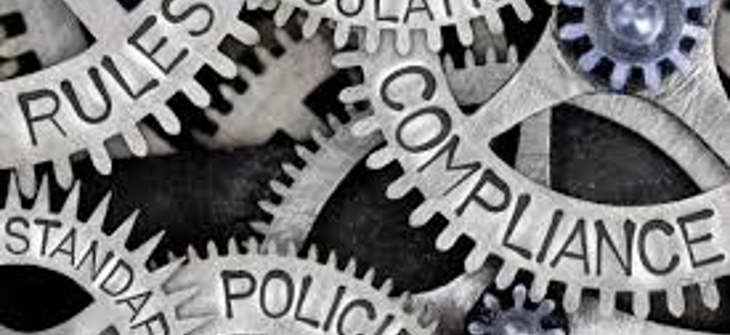
Understanding the Roles of the NJDEP and NJCAT in implementing New Jersey’s Stormwater Manufactured Treatment Device Program
The Role of NJDEP and NJCAT in Stormwater BMP Approval in New Jersey
As the New Jersey Department of Environmental Protection’s (NJDEP) certification program for Manufactured Treatment Devices (MTDs) has evolved over the years, one thing has remained consistent. Confusion among stormwater professionals regarding the role that NJDEP plays vs. the role that the New Jersey Corporation for Advanced Technology (NJCAT) plays in administering the program has been commonplace. Many tend to overlook NJDEP entirely and simply refer to the program as the NJCAT program. Despite the myths and misperceptions, both entities have well defined and important roles.
NJDEP is a state regulatory agency with responsibility for administering New Jersey’s various environmental programs and policies. NJCAT on the other hand, is a public private partnership that was created through legislation, with the overarching goal of helping bring innovative energy and environmental technologies to market. NJCAT serves this role for stormwater MTD providers by administrating the verification/certification process created by NJDEP and advising MTD providers on what will and won’t be deemed acceptable within the confines of the program.
In addition to New Jersey’s stormwater regulations and BMP Manual, NJDEP is responsible for the testing protocols and accompanying process document that define the MTD certification process. These documents were created in collaboration with a stakeholder group made up of MTD providers, interested stormwater professionals, NJCAT, and NJDEP that still convenes several times per year to address new issues and plot the future of the program. NJCAT may be best described as the implementer of the process. NJCAT works with MTD providers to develop a Quality Assurance Project Plan (QAPP) that meets the requirements of the protocol. Once testing is complete, NJCAT works with independent reviewers to evaluate all of the results to ensure accuracy and protocol compliance. NJCAT also administers the public comment process and the conflict resolution process that are built into the program. Once data has been reviewed, deemed accurate and in compliance with the protocols, and any concerns raised during the public comment process have been resolved, NJCAT then issues a final verification report that is posted and sent on to NJDEP. The final step in the process is for NJDEP to issue a certification letter.
NJDEP only issues certification letters for verification reports that are in full compliance with the protocol and process, and until a certification letter has been issued MTDs are not approved for use in New Jersey. It is worth pointing out that as a credible verification entity, NJCAT does at times issue verification reports for MTDs that have been tested against other standards that do not fully meet the NJDEP requirements. These reports are included in the NJCAT verification database but are not eligible for NJDEP certification.
In summary, NJDEP is the regulatory authority in New Jersey and issues certifications for MTDs meeting their standards. Only certified MTDs may be used for stormwater compliance in New Jersey. NJCAT is a verification entity that plays a critical role in administering the NJDEP MTD process. NJCAT issues verification reports for testing that fully complies with current NJDEP MTD requirements as well as for some studies that do not. All verifications whether certified or not are posted on the NJCAT Verification database: http://www.njcat.org/verification-process/technology-verification-database.html. Those studies which also receive NJDEP certification are distinguished by a certification letter on NJDEP’s MTD website: https://www.nj.gov/dep/stormwater/treatment.html.
